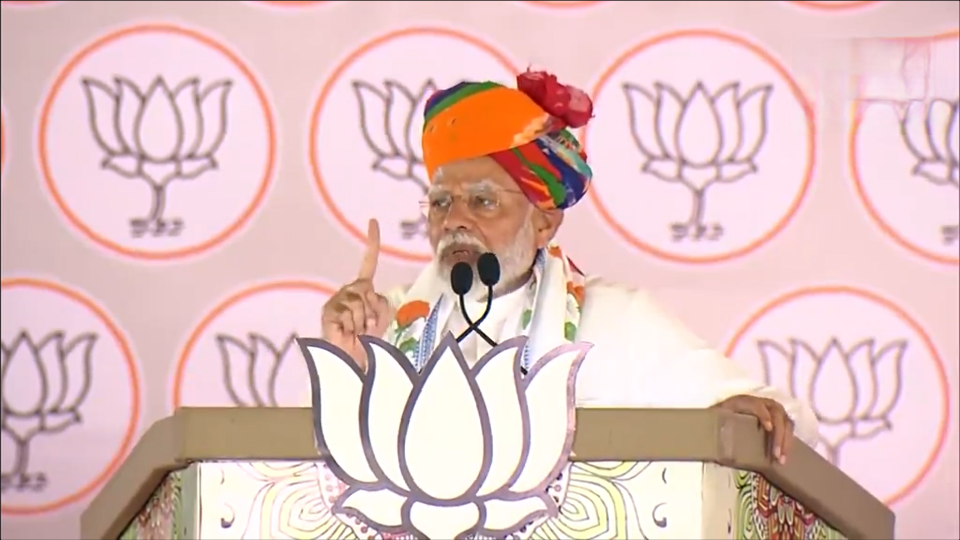Prime Minister Narendra Modi’s recent accusations against the Congress party regarding the manipulation of reservation quotas have stirred significant controversy and debate within India’s political arena and society at large. While some perceive Modi’s assertions as a call for transparency and accountability within the reservation system, others view them as strategic political maneuvering aimed at consolidating power and deflecting attention from pressing issues.
During a public gathering in Rajasthan, PM Modi alleged that the Congress, during its tenure in power, had sought to divide the reservation quota to cater to specific voting blocs, thereby diluting the intended benefits for Dalits and backward classes. Modi’s bold claims have elicited both support and skepticism from various quarters.
Supporters of Modi argue that his accusations shed light on potential flaws and abuses within the reservation system, highlighting the urgent need for reform and oversight. They contend that any attempts to exploit reservation quotas for political gain must be addressed decisively to uphold the principles of social justice and equal opportunity for all citizens.
Conversely, critics perceive Modi’s allegations as a calculated political move aimed at deflecting attention from systemic issues and rallying support for his administration. They argue that such accusations lack substantial evidence and serve to deepen political polarization rather than address genuine concerns within the reservation system.
The controversy surrounding Modi’s accusations underscores the complexities inherent in India’s reservation policies and their role in addressing historical injustices and promoting social equity. As the nation grapples with socio-economic challenges and political polarization, it is essential for policymakers and stakeholders to engage in constructive dialogue and meaningful reforms to ensure the integrity and effectiveness of the reservation system.
Ultimately, whether Modi’s accusations against the Congress are viewed as a genuine call for reform or political posturing depends on one’s perspective and interpretation. As the debate unfolds, it remains crucial for all stakeholders to prioritize the interests of marginalized communities and work towards building a more inclusive and equitable society for all Indians.



